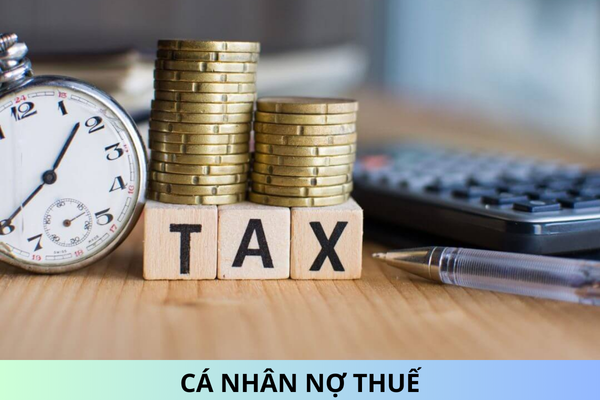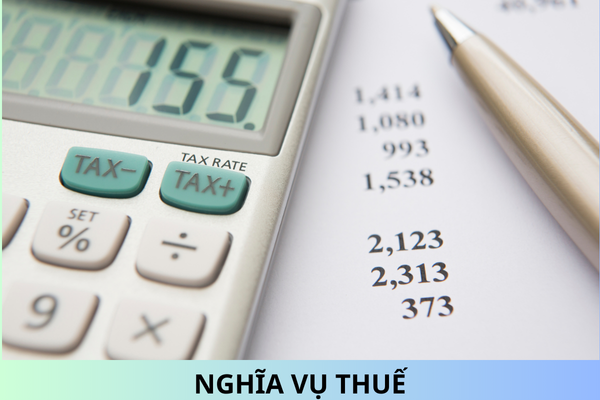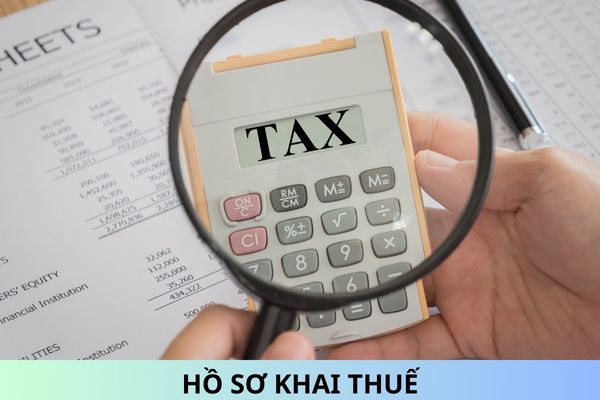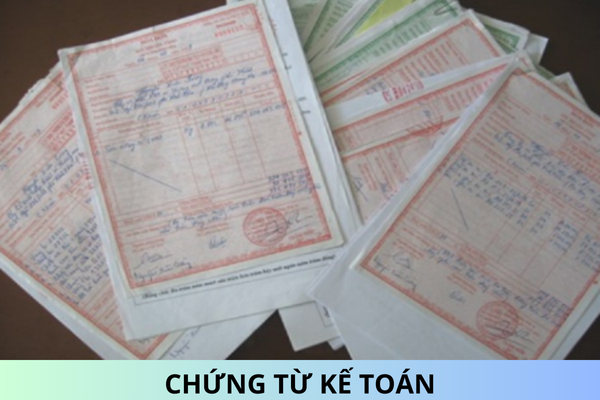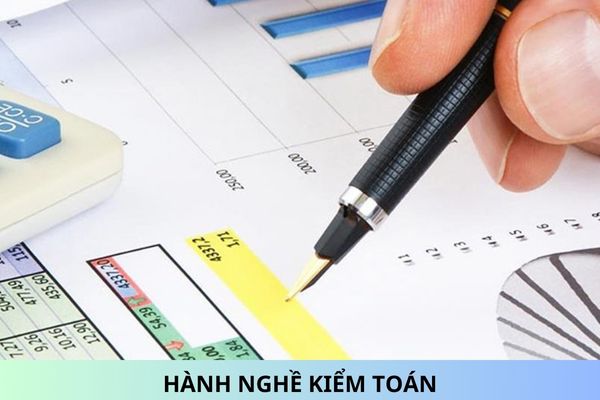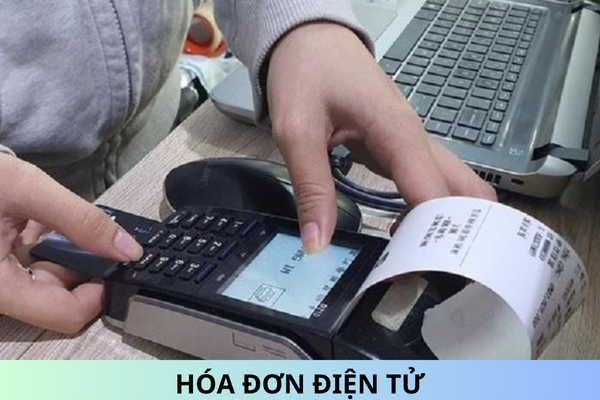What are regulations on authenticated e-invoices generated from POS cash registers that are digitally connected to tax authorities in Vietnam?
Please ask: What are regulations on authenticated e-invoices generated from POS cash registers that are digitally connected to tax authorities in Vietnam? Looking forward to support from the new regulations.
According to Article 8 of Circular 78/2021/TT-BTC (Effective from July 1, 2022), regulations on authenticated e-invoices generated from POS cash registers that are digitally connected to tax authorities in Vietnam, specifically:
1. Authenticated e-invoices generated from POS cash registers that are digitally connected to tax authorities must comply with the rules laid down in Article 11 of Decree No. 123/2020/ND-CP.
2. When enterprises, household businesses or individual businesses that pay taxes according to tax declaration method provide goods or services directly to consumers according to such business models as shopping mall, supermarket, retailing of consumer goods, foods and drinks, restaurants, hotels, retailing of modern medicines, entertainment and relaxation services and other services), they may use either e-invoices generated from POS cash registers that are digitally connected to tax authorities or authenticated e-invoices or unauthenticated e-invoices.
3. An authenticated e-invoice generated from a POS cash register that is digitally connected to tax authorities shall have the following contents:
a) The seller’s name, address and TIN;
b) Information about the buyer, if requested (personal identification number of TIN);
c) Name of good/service, unit price, quantity and payment price. If an organization or enterprise pays taxes according to credit-invoice method, the selling price exclusive of VAT, VAT rate, total VAT payable, and total amount payable exclusive of VAT;
d) Issuance date of the invoice;
dd) Code of the tax authority.
4. Solutions for issuing tax authority’s identification codes to e-invoices generated from POS cash registers that are digitally connected to tax authorities: Tax authority’s identification codes shall be issued automatically, in the form of series of characters, to each of the business establishments specified in Clause 2 of this Article when they apply for use of authenticated e-invoices generated from POS cash registers that are digitally connected to tax authorities, and must not be coincided.
5. Responsibilities of General Department of Taxation
a) Determine and announce data composition of authenticated e-invoices generated from POS cash registers that are digitally connected to tax authorities, methods for transmitting and receiving data with tax authorities as prescribed in Article 12 of Decree No. 123/2020/ND-CP, and provide instructions for taxpayers to connect and transfer e-invoice data to tax authorities;
b) Direct provincial tax departments, based on actual conditions in each province, to play the leading role and cooperate with relevant units in developing the plans for connection to POS cash registers for management of retailing revenues of household businesses and individual businesses for reporting to the General Department of Taxation that shall submit them to the Ministry of Finance for approval after obtaining consent from provincial People's Committees;
c) Develop the roadmap for application of authenticated e-invoices generated from POS cash registers that are digitally connected to tax authorities as prescribed in this Article;
d) Provide instructions on use of codes issued by tax authorities to authenticated e-invoices generated from POS cash registers that are digitally connected to tax authorities for attending prize-awarding programs.
6. Responsibilities of sellers that use authenticated e-invoices generated from POS cash registers that are digitally connected to tax authorities:
a) Apply for use of authenticated e-invoices generated from POS cash registers that are digitally connected to tax authorities in accordance with Article 15 of Decree No. 123/2020/ND-CP;
b) Issue authenticated e-invoices generated from POS cash registers that are digitally connected to tax authorities as prescribed in Article 11 of Decree No. 123/2020/ND-CP and this Article;
c) Use codes in the form of a series of characters issued by tax authorities when issuing authenticated e-invoices generated from POS cash registers that are digitally connected to tax authorities to ensure the continuity and unity;
d) Transfer data on authenticated e-invoices generated from POS cash registers to tax authorities within the day in which such invoices are issued through data receipt, transmission and storage service providers.
Best Regards!
